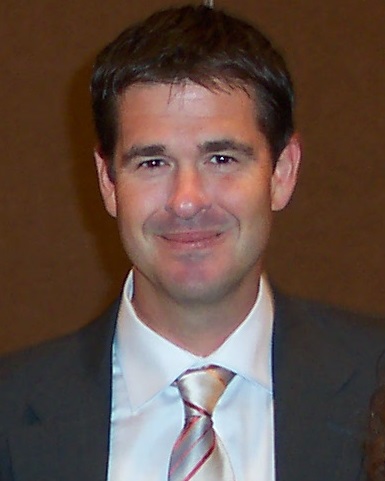About
The National Association of Environmental Professionals (NAEP) will host the National Environmental Policy Act (NEPA) Case Law Update webinar on Thursday, September 5, 2019.
This webinar will review substantive National Environmental Policy Act (NEPA) cases issued by United States Courts of Appeals in 2018. The implications of the decisions and relevance to NEPA practitioners will be explained. This webinar will summarize the more detailed paper prepared for this webinar.
The paper briefly explains, with an emphasis on the substantive NEPA findings, each opinion issued by the U.S. Court of Appeals. The paper identifies statistics regarding the NEPA appellate opinions, such as ten-year record of NEPA cases, organized by circuit, and by year. The paper also identifies the agencies involved in each case, and presents statistics relevant to the agencies; the paper further identifies the prevailing ratio of federal agencies, including by agency and by document type (categorical exclusion, environmental assessment, environmental impact statement).
The paper analyzes the trends in the court opinions involving NEPA for 2018, with an emphasis on substantive NEPA practice, and by grouping of the cases. Finally, each court opinion is paraphrased and organized in a manner easy to read for practitioners to find the court’s ruling. Appellate opinions are grouped and analyzed by the agency. Past trends include challenges to the purpose and need, alternatives considered, public comment, scientific impact assessment methodologies, GHG emissions and climate change impact assessment, incomplete or unavailable information, determination of significance, segmentation, duty to supplement, connected actions, federal actions, cumulative impact assessment, mitigation, monitoring, and adaptive management.
Please join us for the popular webinar offering.
Moderator
Fred R. Wagener, Venable LLC
Speakers
 Michael Smith, Ph.D.
Michael Smith, Ph.D.
Michael is a Senior Environmental Practice Leader for National Environmental Policy Act (NEPA) and California Environmental Quality Act (CEQA) with GEI Consultants in Sacramento, CA, one of the nation's leading geotechnical, environmental, water resources, and ecological science and engineering firms. GEI has provided consulting and engineering services on over 35,000 projects in all 50 U.S. states and internationally in over 20 countries. His current work focuses on providing project and program management, technical analysis and review, policy development and review, and training and education focused on National Environmental Policy Act (NEPA) and California Environmental Quality Act (CEQA) compliance for some of the nation's and California’s most complex and controversial projects relating to energy development, transportation infrastructure projects, approvals of genetically engineered plants, commercial space transportation operations, and rulemakings for national motor vehicle fuel economy standards. He frequently provides training and strategic advice for NEPA and related environmental compliance requirements as an adjunct faculty member at numerous educational institutions, including the UC Davis Extension Land Use and Natural Resources Program, the UCLA Extension Sustainability Program, and the NEPA Certificate Program at the Quinney College of Natural Resources at Utah State University.
He has served as a Science & Technology Policy Fellow with the American Association for the Advancement of Science (AAAS) at the Environmental Protection Agency’s (EPA) headquarters Office of Water and Office of Federal Activities in Washington, DC. He has also held positions with the U.S. Department of Interior – National Park Service in Biscayne, Glacier and Yosemite National Parks. He holds a Ph.D. in Environmental and Natural Resources Sociology from Utah State University, an M.A. in Geography and Resources from the University of Wyoming, and a B.A. in Environmental Studies from the University of California, Santa Cruz.
 P.E. Hudson, Esq., Dep't of the Navy, Office of General Counsel
P.E. Hudson, Esq., Dep't of the Navy, Office of General Counsel
P.E. Hudson, Esq. is the Counsel, Department of the Navy Office of General Counsel, at Center for Seabees and Facilities Engineering and Civil Engineer Corps Officer School at Naval Base Ventura County, California. The focus of her practice is environmental law and planning, and specifically NEPA; she also develops and teaches courses involving NEPA, environmental planning and impact analysis, and environmental law, with a special emphasis on coastal and ocean resources, to federal employees. She has published 13 federal agency, academic, and peer-reviewed articles on environmental planning and impact assessment since 2013. She has 17 years of NEPA experience, 34 years of federal agency experience. She served as the informal Chair of the NAEP CEQ Pilot Project, Best Practice Principles for Environmental Assessments, which was lauded by the CEQ. She also received the NAEP President's Service Award in 2013 and 2015. She is a retired Navy Commander. **The views expressed are solely the personal views of the author and do not reflect those of the Department of the Navy, the Department of Defense or the Federal Government.
Pricing
NAEP Member: $75
ACRA Member: $75 (with discount code)
Chapter Members: $125
Non-member: $140